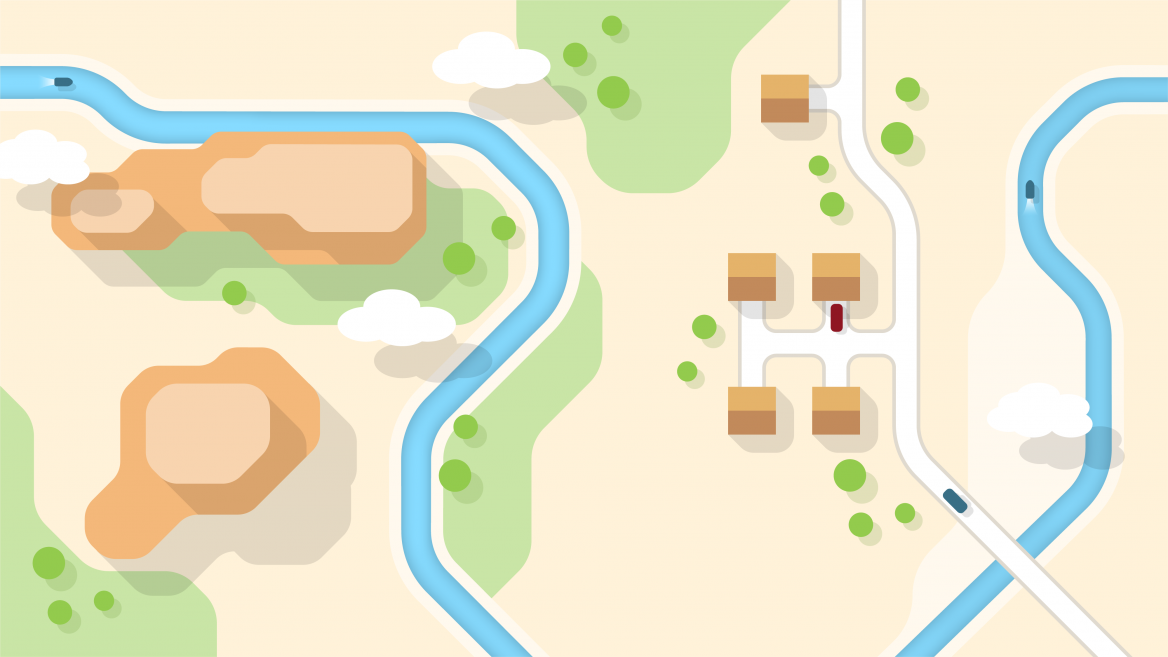
ASU's Kyl Center experts lay out '10 tenets of water equity'
As everyone has focused on longer and more frequent hand-washing during the pandemic, the availability of safe, clean water has never been more important.
That necessity, coupled with the increasing awareness of social justice issues, has highlighted the topic of water equity, which was addressed in a new report by experts at Arizona State University.
“Ten Tenets of Water Equity: Considerations for Community Water Systems,” which was released recently by the Kyl Center for Water Policy at ASU, lays out the tough balance between the need for clean water and the price of providing it.
“We hear people calling for water to be free and a human right. One of the strengths of this report is that it highlights how difficult it is to achieve that,” said Sarah Porter, director of the Kyl Center for Water Policy, which is part of the Morrison Institute for Public Policy.
The report states: “Is there a human right to water? Sure. Is there a human right to have safe, clean water pumped through pipelines into your home to be available on tap 24/7/365 at perfect quality and pressure parameters free of charge? Well, that gets tricky.”
Citing the U.S. Water Alliance, the Kyl Center report states that more than 2 million people in the U.S. live without access to safe drinking water and basic sanitation, and water access issues disproportionately impact lower-income people, people of color, undocumented immigrants and people who do not speak English.
The 10 tenets of water equity are:
Tenet No. 1: Water equity cannot occur without an adequately functioning community water system. Water infrastructure is very expensive, and elected officials are often reluctant to raise rates to pay for repairs for fear that they won’t be reelected. And although community members will advocate for funding for parks and libraries, few do so for water utilities.
Tenet No. 2: Rate structure matters. Water rates have to be affordable for ratepayers yet high enough to pay for repairs and to discourage waste.
Tenet No. 3: Pipelines cannot be neglected. Often, utilities will fix bigger infrastructure, like treatment plants, rather than pipelines. A problem at a treatment plant will affect many more customers than a neighborhood pipeline issue. But many of the worst pipelines are in the oldest and poorest neighborhoods, putting those residents at risk. It’s also more expensive to replace a pipeline that has burst than to replace it proactively.
Tenet No. 4: Billing for multiple services undermines water security. Many communities combine water bills with other charges, such as recycling or energy, for efficiency. But that makes the overall bill harder to pay — and water shutoff more likely — for low-income people, even if they try to save water to lower their costs.
Tenet No. 5: Fees should be productive and not punitive. Utilities need fees to stabilize revenue and discourage water theft. But late fees can pile up, making it less likely that a poor family can pay an ever-growing bill and restore service. Water systems should consider waiving fees for qualifying customers.
Tenet No. 6: Customer service programs are essential. Utilities should have programs that find eligible customers and help them pay their bills. Customer ombudsmen who are trained to help customers avoid disconnects and access help from assistance programs can improve water security and build community trust.
Tenet No. 7: Community partnerships build water security. Water utilities should work with nonprofits and other groups to address poverty, making it more likely that everyone can pay their bills.
Tenet No. 8: Disconnection is sometimes necessary. Most utilities don’t know whether a customer can’t afford to pay, forgot to pay or just chooses not to pay. Some utilities have experimented with using low-flow devices that restrict flows to minimal levels, enough for basic hygiene, instead of disconnections for unpaid bills.
Tenet No. 9: Customer convenience enhances water equity. Utilities should allow customers to get information and pay their bills via phone call, email, web, mail, kiosk and in person, and should let people pay with cash. In a recent study on water equity, the city of Phoenix found that in the fiscal year 2018–19, nearly 40% of its service requests took place outside of standard business hours and that 4% of payments were in cash.
Tenet No. 10: Community representation is a must. Water utilities should do more to reach out to customers, through print materials, on the web, social media and neighborhood meetings.
One of authors of the report is Kathryn Sorensen, the director of research at the Kyl Center. When the ASU team was setting down the 10 principles, she drew from her experience as the former director of water services for the city of Phoenix, which has more than 7,000 miles of water pipeline.
“I want to highlight the first tenet, because that’s what it boils down to: You cannot have water equity unless you have a functioning community water system,” she said.
“It seems so obvious, but so many of the different trade-offs and issues when it comes to water revolve around that key point.”
So the tenets apply to existing community water systems, such as those in municipalities, and don’t address how to create equity where no system exists, such as for homeless people or in tribal communities, she said.
Many people think of municipal water systems as monolithic, Sorensen said.
“But even within the cities, there are very small water systems and some of them struggle with contamination issues, or financial stability. Some struggle with affordability in their water rates,” she said.
“I think you find all of the difficulties associated with water equity here in our community.”
Sorensen said she hopes the past year has given people a greater appreciation for the importance of a functioning community water system for public health.
“It’s a black box to so many people because you turn on the tap and forget about it,” she said.
Top image by Alex Davis/ASU News